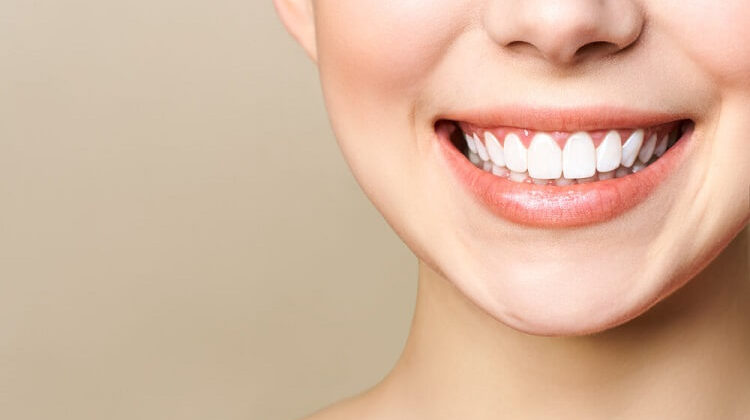
Plaque is one of the greatest threats to oral health. Plaque is a sticky substance containing millions of bacteria. This forms when sugar in your diet reacts with plaque bacteria to form an acid. This acid then reacts with the calcium in your enamel, forming decay holes. This needs to be filled by your dentist.
If your oral hygiene is inadequate, then plaque bacteria multiply, and a condition called gingivitis may occur. This is an inflammation of the gum where it meets the tooth. You will know you have gingivitis if your teeth bleed when you brush them. If you have gingivitis, it is important to brush your teeth gently twice daily.
If your gingivitis persists, visit LN Dental Centre for treatment, as this condition can lead to periodontitis. Periodontitis is a serious inflammation that spreads to the tooth socket, with a risk of losing the tooth.
Bad breath
Bad breath is a common problem that often comes from the activity of bacteria in the mouth. These bacteria form especially on the tongue; therefore, a tongue scraper is the best tool to use to combat this condition. Follow up by drinking a glass of water to rinse out any remaining bacteria in your mouth.
Initial brushing should be with small circular movements, with the brush at a 45-degree angle to the teeth. Teeth should be cleaned vertically – not from left to right as this can damage the gums – to clear away the plaque. Take care to brush the inside surfaces as well, which is often forgotten.
Toothbrushes with soft or medium brushes are recommended. It is essential not to share your toothbrush with any other person (viruses can be spread this way). Toothbrushes should be replaced every three months or when the bristles of the brush are getting damaged.
If it is left there, it decomposes and causes bad breath.
Mouthwash is also an essential part of oral health maintenance. It can be effective against bad breath, stubborn food particles, and generally refreshes the mouth. Chewing gum after eating stimulates saliva production, which neutralizes the acid in the mouth. Ensure that the chewing gum is sugar-free.
Whitening teeth
For those with discolored teeth, a cosmetic dentist’s professional bleaching is a way to achieve bright white teeth. For mildly discolored teeth, whitening formulas are often effective (which are non-peroxide whitening systems).
Straightening out teeth
If your teeth are particularly crooked, orthodontic treatment can help. For teeth that are only marginally crooked, porcelain veneers can be applied to even out the tooth line. Veneers can also fill a gap between the front teeth, regulate a discolored tooth, correct a chipped tooth, or create a straighter finish to teeth that require slight re-alignment. Veneers are rarely available on the NHS and are expensive. Remember, your smile is one of your most beautiful natural assets, and now you know how to perfect it!

